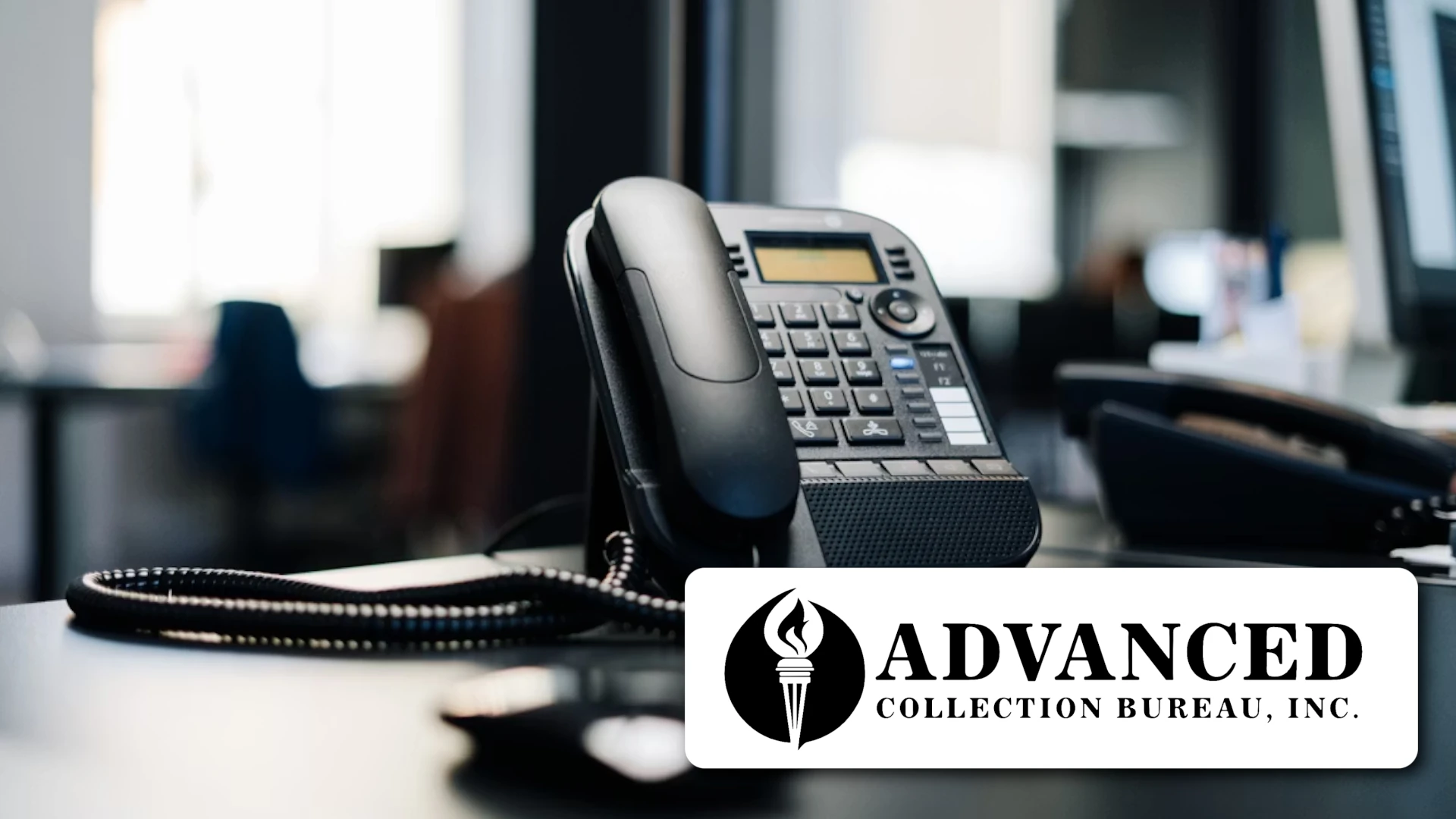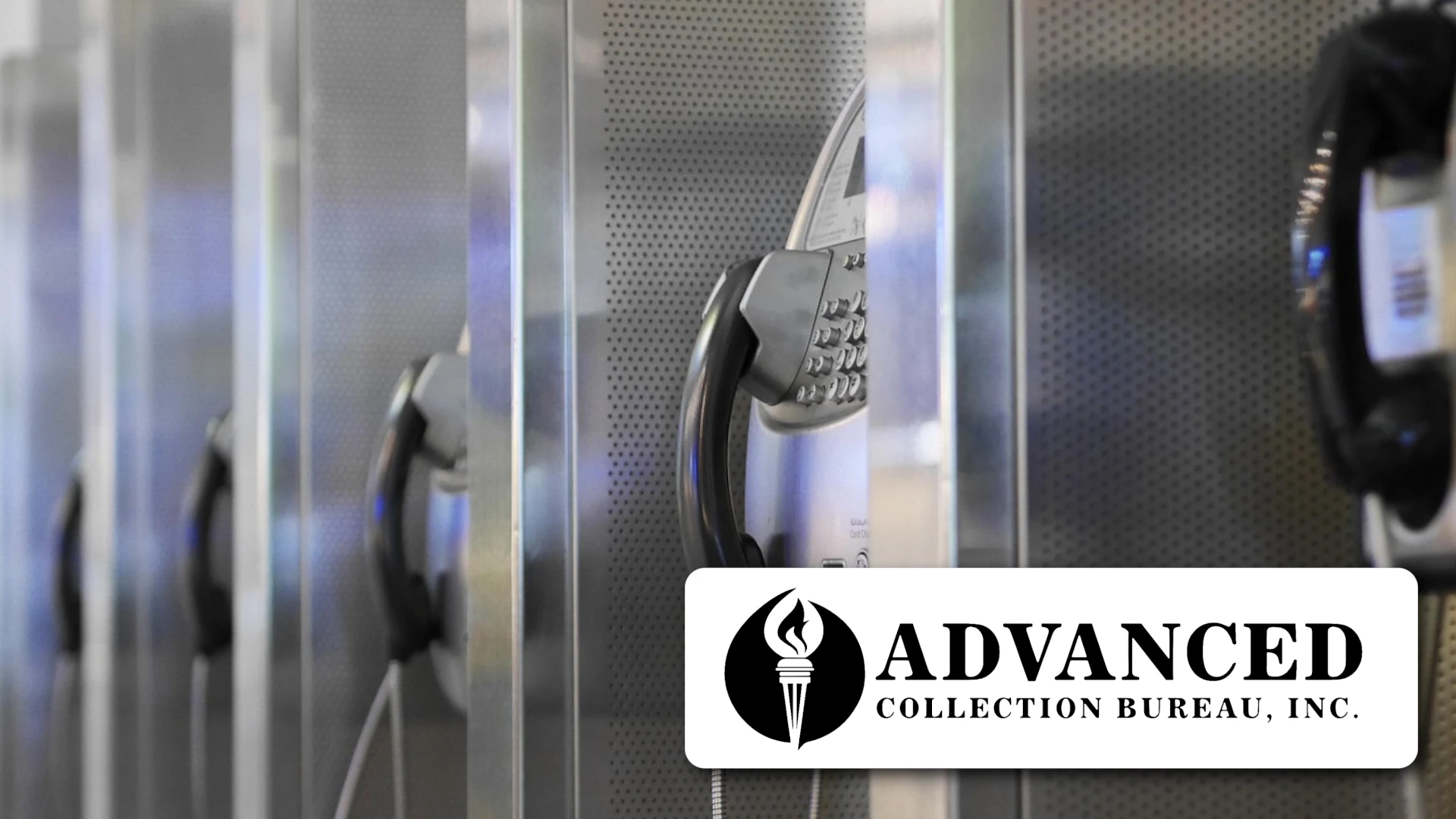Debt collection can be stressful, but when an account is sent to credit bureau collection services, the impact on your credit score can be significant. Understanding how these services work, what they report, and how you can respond is essential for managing financial recovery and maintaining a strong credit profile.
What Are Credit Bureau Collection Services?
When a debt remains unpaid for an extended period, the original creditor may send it to a collection agency. Some agencies report unpaid debts directly to major credit bureaus, including Experian, Equifax, and TransUnion. Once reported, the collection account appears on the consumer’s credit report, potentially lowering their credit score and making it harder to obtain future loans or lines of credit.
How Debt in Collections Affects Credit Scores
A collection account is one of the most damaging marks on a credit report. Payment history is a significant factor in credit scoring models, and an unpaid debt can lower a score by dozens, or even hundreds, of points. The impact is often more severe for individuals with otherwise good credit, as a single negative entry can significantly disrupt an otherwise strong credit profile.
Additionally, collection accounts remain on credit reports for up to seven years, even if the debt is eventually paid off. While the impact on the score lessens over time, lenders may still view past collection accounts as a red flag when evaluating creditworthiness.
Options for Dealing with a Collection Account
If a debt has been reported to credit bureau collection services, there are several steps a consumer can take to mitigate the impact. Paying off the debt is the most straightforward solution, but it’s essential to ensure the amount owed is accurate before making a payment. Some collection agencies are willing to negotiate settlements or offer pay-for-delete agreements, where the account is removed from the credit report upon payment.
Another important step is to dispute incorrect information. Errors in reporting happen more often than people realize, and if a collection account appears on a credit report in error, consumers have the right to dispute it through the credit bureaus.
How Businesses Can Navigate Debt Collection Services
For businesses, working with a professional collection agency that understands compliance with Fair Debt Collection Practices Act (FDCPA) regulations is critical. The right agency can recover outstanding debts while maintaining a professional, ethical approach to collections.
At Advanced Collection Bureau, we specialize in recovering past-due accounts in a way that protects both businesses and consumers. If you need professional assistance with debt collection, visit our work with us page to learn more about how we can help.














